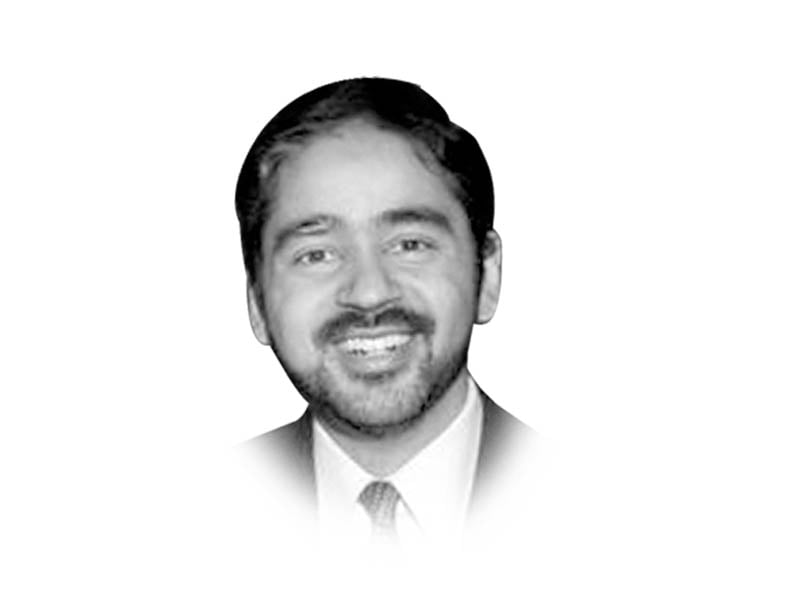
This semester, I am offering a new course that focuses on engineering approaches to address health challenges faced by refugees, IDPs and stateless communities.
This course is part of a national effort that I am involved with to increase engagement of students in science and engineering on issues associated with forced displacement.
The course was designed in spring and summer last year, but the situation in Gaza has only increased student interest in the topic. The course covers topics around engineering design, point-of-care healthcare devices, mathematical modeling, failure modes of technologies, as well as quantitative analysis of large and complex data sets.
At the same time, it focuses on broader issues around the reasons why people are forced to flee their homes (in several different regions of the world including south Asia, the Middle East, Central America and Sub-Saharan Africa), the drivers of migration, a deeper understanding of lived experiences and barriers to accessing adequate and quality healthcare.
Students, in addition to technical reports and journal papers, also read articles and book chapters from outside the engineering disciplines including anthropology, history, philosophy and ethics.
They also get to interact with those who have had lived experience in camps as well as those who work at the front lines of providing care (including those in Pakistan).
I have been extremely fortunate to have a diverse group of engineering students taking this class. My students include those who grew up in many parts of the US, as well as those who are from Morocco, Egypt, Greece, Mexico, India, Saudi Arabia, Puerto Rico, Turkey and Japan. Several of my students grew up in immigrant households.
As part of the mid-semester reflection, I asked my students to write an op-ed (600-800 words) about how (if at all) their perspective of refugees and forced migrants has changed since we started the class. Engineering students are not used to writing op-eds, so I was not sure what I would get. When the assignments were turned in, I was inspired by honest and candid reflections. The perspectives of the students were rich, original and thoughtful. While the content varied, there were two major themes that emerged.
The first was a near universal realisation about how shallow the current prevailing narrative about forcibly displaced communities is. Students had to confront the monochromatic lens by which all refugees and displaced persons are presented in the media. Their world view was challenged as they engaged with personal narratives, oral history and lived experiences. This was starkly different from the caricature that dominates the conversation in the media.
The second, and more important, realisation was about the performative nature of aid. As students analysed many existing engineering solutions to improve health outcomes, they could not escape the fact that a number of these solutions were making little impact on the ground. In fact, several deployed technologies were actually harming the vulnerable communities. There was a prevailing sense of technophilia in the aid and development sector, with a sense that technology would solve the greatest and most stubborn health challenges. This technophilia was steamrolling fundamental ethical considerations. The design process in several technologies that were developed, or implemented, was flawed and the engagement with the communities was merely for show. Often, the real beneficiaries were the innovators and the aid providers — not those who were supposedly being helped. Related to this realisation was a recognition of status quo. If someone paying attention for merely a few weeks can see the flaws in the process, why haven’t things been fixed? Why do we keep making the same mistakes and are surprised when there is little change on the ground?
As I reflect on what my students wrote, I cannot help but feel a sense of optimism. Maybe the next generation of innovators will not just confront the flaws in design but also tackle the core problem. The problem of ego and self-interest that supersedes honest concern and empathy.
Published in The Express Tribune, March 26th, 2024.
Like Opinion & Editorial on Facebook, follow @ETOpEd on Twitter to receive all updates on all our daily pieces.

1719315628-0/BeFunky-collage-(8)1719315628-0-405x300.webp)


1731329418-0/BeFunky-collage-(39)1731329418-0-165x106.webp)








COMMENTS
Comments are moderated and generally will be posted if they are on-topic and not abusive.
For more information, please see our Comments FAQ